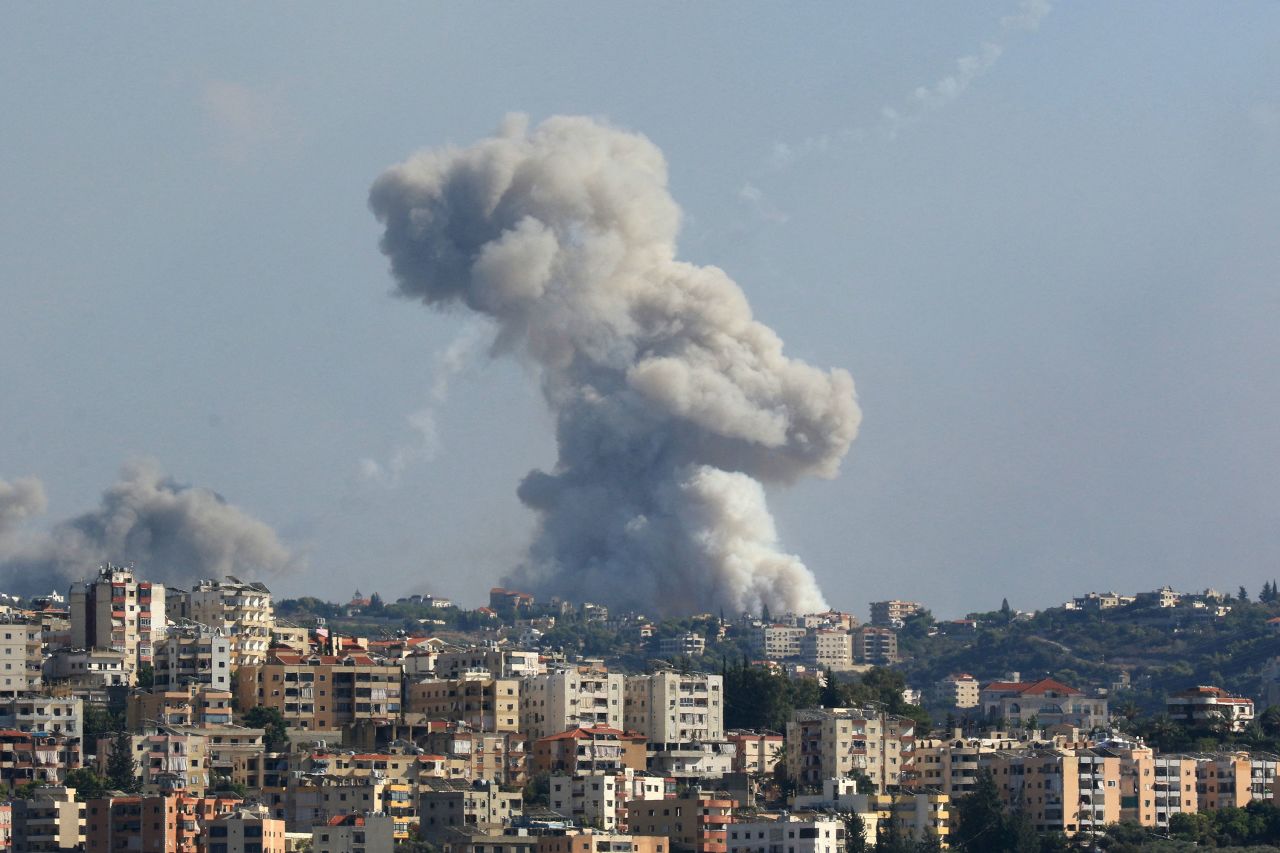Israel has intensified its military actions in Lebanon, conducting a series of significant airstrikes on the southern suburbs of Beirut and targeting key infrastructure, including a major border crossing with Syria. These operations come amid a broader escalation of hostilities between Israel and Hezbollah, the Lebanese militant group.
Israeli authorities had previously warned residents in southern Lebanon to evacuate areas beyond a United Nations-declared buffer zone, indicating the seriousness of the situation and the likelihood of further military engagement.
The airstrikes occurred following Israel’s recent ground incursion into Lebanon, which has seen ongoing clashes with Hezbollah militants. This escalation follows a series of earlier attacks that reportedly resulted in the deaths of several high-ranking Hezbollah leaders.

The Israeli military’s operations are characterized by a strategic approach aimed at undermining Hezbollah’s capabilities in response to the group’s long-standing threats against Israel.
The violence has drawn international attention, with Iran’s Foreign Minister, Abbas Araghchi, arriving in Beirut to discuss the conflict with Lebanese officials. This visit follows Iran’s missile strikes against Israel, which are part of the escalating conflict involving regional powers, including Hezbollah, which receives significant military and financial support from Iran.
The situation remains precarious, with fears that the conflict could spiral into a wider regional war involving multiple countries and factions.
The impact of the airstrikes has been severe, with large explosions reported in Beirut’s southern suburbs, creating substantial damage and displacing residents. Local news sources indicated that over ten airstrikes occurred in rapid succession, leaving craters and significant destruction.
Although the Israeli military has not specified the exact targets of these strikes, the intensity of the bombardment suggests a deliberate strategy to disrupt Hezbollah’s operations and logistics in the region.
The strikes have also affected the Masnaa Border Crossing, which serves as a critical route for those fleeing violence in Lebanon to seek safety in Syria. This closure marks a significant development, as it disrupts a key escape route for civilians amid the ongoing conflict.
The situation at the border has been complicated further by the broader violence that has erupted since the Hamas attacks on October 7, 2023, which has seen casualties rise dramatically on both sides of the conflict, with thousands reported dead in Lebanon and Gaza alike.


